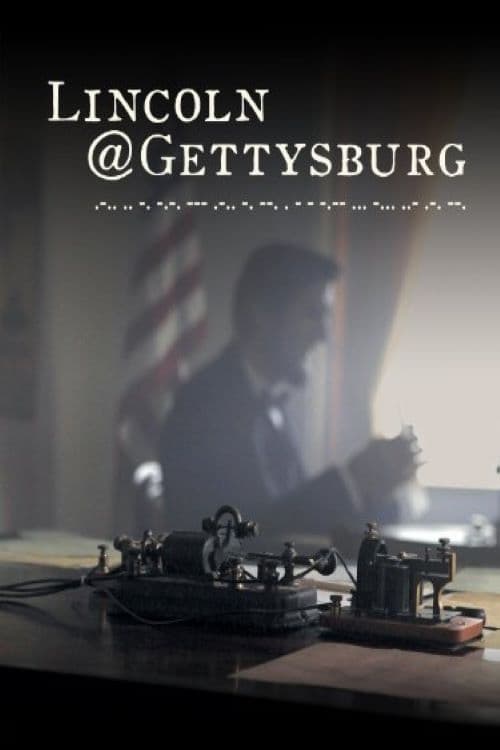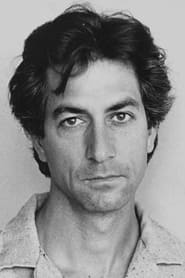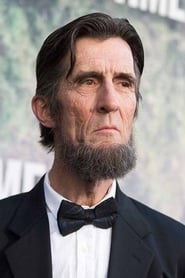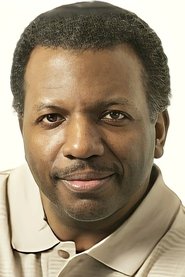

An examination of how President Abraham Lincoln used contemporary telecommunications to his maximum advantage in the American Civil War.
No Trailers found.

Self - Narrator (voice)

Abraham Lincoln

William H. Johnson

Telegraph Operator 1

Telegraph Operator 2